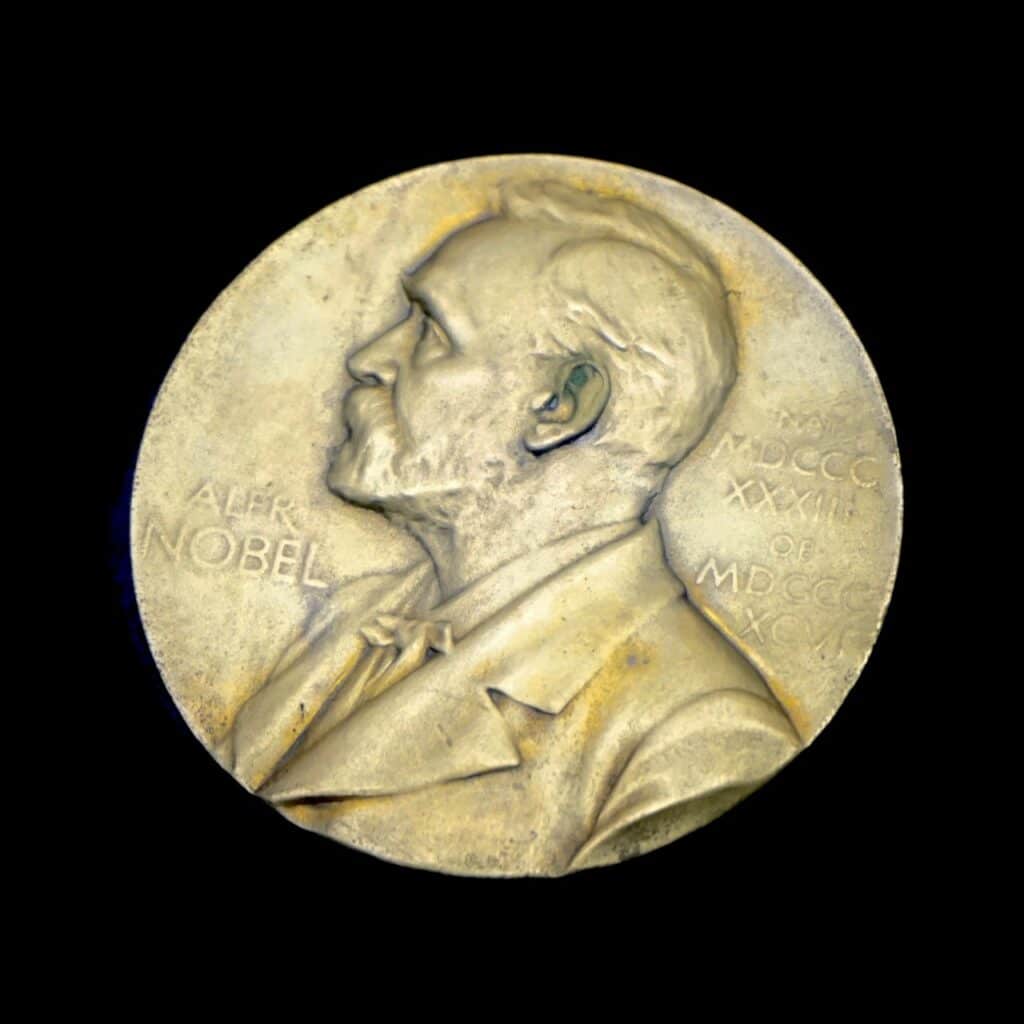History was made on October 7, 2020, when two female scientists, Emmanuelle Charpentier of France and Jennifer Doudna of the United States, were awarded the Nobel Prize in Chemistry. They developed the CRISPR-Cas9 gene editing method. The importance of this recognition for the seed industry cannot be overstated.
The CRISPR-Cas9 method allows breeders to improve plant varieties by making precise edits within a plant’s genome. The end result is the same as what one could accomplish through traditional plant breeding, but with more precision and accuracy. Unlike GMO methods, CRISPR-Cas9 does not involve introduction of DNA from non-sexually compatible plants. This key difference should enable gene editing methods, like CRISPR-Cas9, to earn broader consumer acceptance and less onerous regulatory burdens.
However, some are pushing for GMO-style regulation. Even though the science is clear, continued promotion of the benefits of gene editing is critical to facilitate the development of new plants that are more nutritious, resistant to pests and resilient in a changing climate.
This recognition by The Nobel Foundation creates an opportunity to re-energize the ongoing push for a science-based, synchronistic global regulatory system. This award can also start new conversations with consumers.
Leading seed trade organizations, like the American Seed Trade Association (ASTA), the International Seed Federation (ISF) and the Independent Professional Seed Association (IPSA) are joined by dozens of other national seed associations in advocating that gene edited plants be regulated like other traditional plant breeding methods. Your support of these organizations will help drive success in global regulatory policy.
If gene editing were to be regulated like GMOs, the regulatory costs will ensure that only the largest companies will have the resources to unlock its amazing potential. That would leave independent breeders, universities and smaller enterprises unable to participate in the next generation of plant breeding innovations. If accessible, some of the benefits of gene editing are improved oil profiles, increased protein, reduced gluten and the elimination of certain allergens in small grains, legumes, oil seeds and row crops. Every sector of agriculture can benefit!
This is a strong message that you can help take to consumers. ASTA has an active consumer information campaign about new breeding techniques that you can help amplify on social media. Use this Nobel Prize to open up new conversations with your friends, family and neighbors. The Nobel Foundation has validated the incredible promise of gene editing…let’s use our voice to make sure everyone hears it!









